
 Instagram
Instagram
Related products
Muscovado Sugar: Benefits and Uses
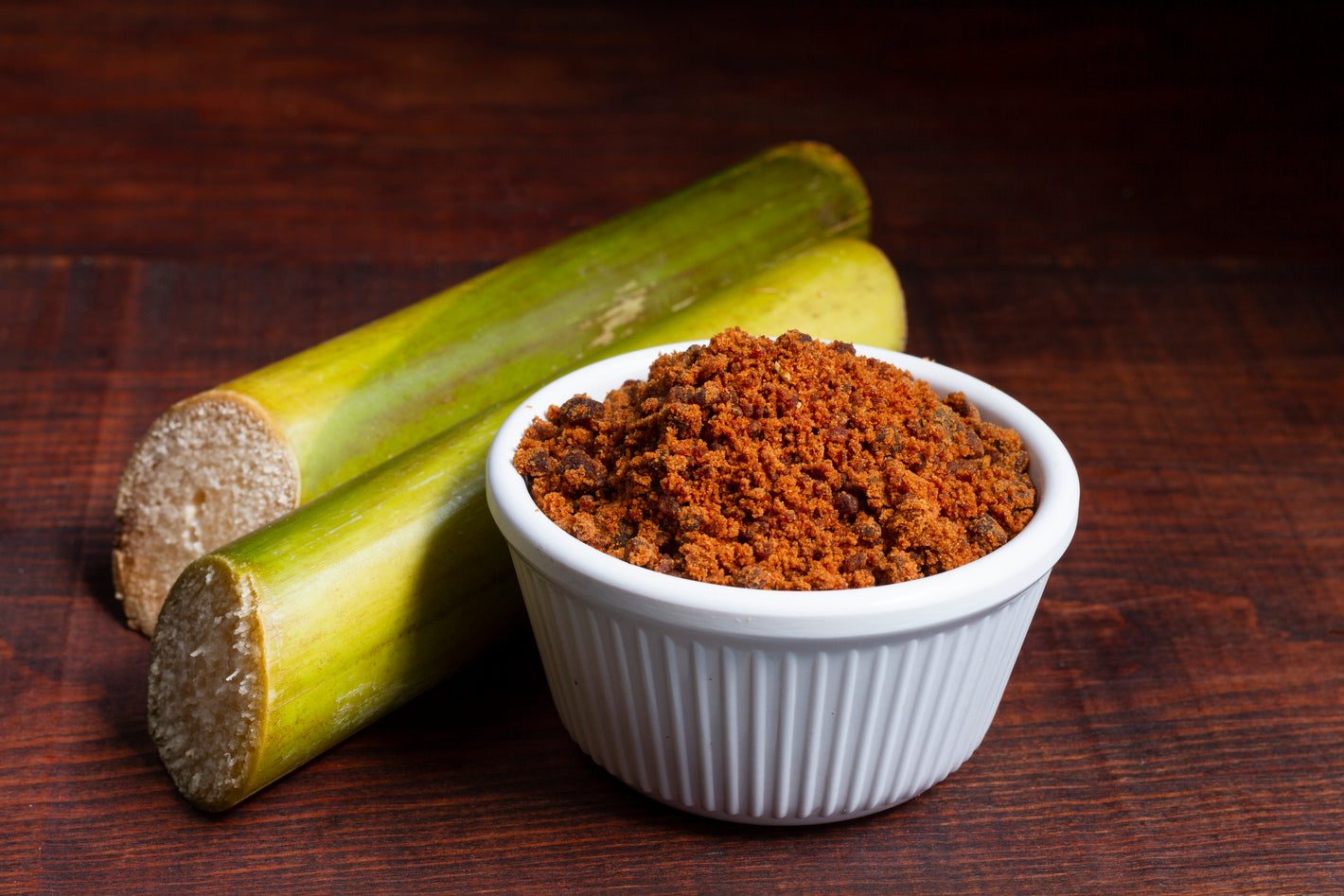
Related products
Muscovado sugar is a kind of cane sugar that has not undergone the process of refining and yet has its natural molasses content. The item has a deep dark hue, a damp consistency, and a flavour reminiscent to toffee. Muscovado sugar is often used to provide a richer flavour to confections such as cookies, cakes, and sweets, but it is also utilised in savoury meals. This sugar is classified as artisanal as it is made more laboriously than commercial sugar, i.e., white or brown.
What is Muscovado Sugar?
Muscovado sugar, Barbados sugar, khandsari, or khand, is a minimally processed sugar. The process involves:
- Extracting the juice from sugar cane.
- Adding lime.
- Boiling the mixture to remove the liquid by evaporation.
Afterwards, the mixture is allowed to cool, resulting in the formation of sugar crystals. When drying, a small amount of water is poured to cover all crystals. The brown syrupy liquid molasses produced during the cooking process is not removed, so there is no additional crystallization. As a result, we get a wet sand texture, moist, dark brown sugar with a rich and complex flavour, and slight hints of a toffee taste and a tinge of bitterness, which is so popular among confectioners. Some manufacturing companies remove some of the added molasses to get a light variety. Molasses added to muscovado ensures a low glycemic index.

Considering muscovado nutrition, it is stated that this sugar is as calorific as ordinary residential sugar, i.e. containing around four calories per gram. Due to the molasses content, Muscovado contains trace amounts of essential minerals like magnesium, potassium, calcium and iron. It is said that the molasses in muscovado has antioxidants due to some compounds, such as gallic acid and other polyphenols. They work as antioxidants by neutralizing unstable molecules and free radicals that damage healthy cells in the body. Free radicals damage cells and are thought to contribute to heart disease, diabetes, and other conditions.
While muscovado does include certain minerals and antioxidants that give it a minor nutritional edge over refined white sugar, it is essential to remember that it is still a kind of sugar and should be used in moderation. Consuming excessive amounts of added sugar has been linked to elevated chances of developing heart disease and type 2 diabetes. According to the American Heart Association, women are advised to restrict their daily consumption of added sugar to 25 grammes, while men should not exceed 37.5 grammes.
Some researchers argue that many individuals consume copious amounts of white sugar, and substituting it with natural brown sugar such as muscovado increases the nutritional content of their diet.
How is Muscovado Sugar any different to other kinds of sugar?
The production of other common sugar types, including granulated and brown sugars, share many characteristics with muscovado sugar production. Muscovado is similar to granulated sugar, though the processes used to make each differ.

· Granulated sugar
Granulated sugar, often known as table or white sugar, is the type of sugar that usually comes to mind when individuals think of sugar. White sugar, in contrast to muscovado sugar, which retains most of its molasses, is homogeneous in texture and colour.
White sugar is produced in the same way as muscovado sugar. Still, it is manufactured faster, and the molasses is removed instead of retained by spinning the sugar in a centrifuge. The sugar has a texture that resembles sand because the sugar sticks together better during this process. As it is spun off, the resulting mass is resistant to clumps. Granulated sugar has no molasses, giving it a neutral, sweet flavour. It is white and does not contain the minerals in muscovado sugar, making it less nutritious.
Meanwhile, muscovado sugar, made from sugarcane, is a more commercially viable source of sugar. It is made from sugar beets, and either type of sugar is used. The nutrition label's ingredients section specifies which of the two foods was used to produce the sugar.
· Brown sugar
This is merely white sugar with the addition of molasses after the sugar has been processed. Brown sugar contains a small amount of molasses but generally provides less than muscovado sugar, which has a comparable coarse texture to moist sand. Muscovado sugar comes from evaporated cane juice and has a dark caramel-like flavour, but brown sugar is milder.
· Turbinado and demerara sugar
Turbinado and demerara sugar come from evaporated cane juice but are not rotated for as long as muscovado sugar. They have large brown crystals similar to brown sugar, but the texture is drier than muscovado sugar. Both sugars are unrefined. We most frequently use these larger sugars to sweeten hot beverages and food by adding them to the top of baked goods, primarily because the sugar crystals provide an extra texture to the baked goods.
· Jaggery, rapadura, panela, kokuto, and Sucanat
They are unrefined cane sugar products that contain molasses, much like muscovado. Sucanat is an abbreviation for sugar cane natural and is sold under this brand name. These sugars are similar to muscovado but function in slightly different ways in the kitchen, as with most actual sugars. For instance, the panela has a solid pressed state in which we buy it, and the rapadura is generally sluiced through a sieve to make a fine-grained sugar powder. These five sugars resemble muscovado from the above list of sugars.
Is Muscovado Sugar Vegan?
Muscovado sugar is vegan. Animal products are not used in its processing. Many vegans use it in cakes and desserts. It is also used in many vegan recipes for savoury food. This sugar is nearly heavy but tastes excellent. It is responsible for vegan gravies, sauces, marinades and rubs, soups, and stews. This sugar is very dark brown and the perfect replacement for fake brown sugar.
What are the Benefits and Uses of Muscovado Sugar?
While white sugar is added to innumerable products, muscovado sugar resembles artisanal sugar. Desserts and pastries prepared with this sugar have a much more exciting and deep flavour, particularly popular among bakers and pastry chefs. A little decadent with toffee and caramel notes, this remarkable ingredient is best used in desserts and dinner dishes, including many other flavours, sweet and savoury, fruity and herbal.
There is a range of sugars with this speciality based on the colour mentioned above: light or dark. Bold tasting is the dark variety, as it is almost reminiscent of licorice, making it perfect for barbecue, marinades, and salad dressings with a well noticeable sweet. In any case, brownies and cookies prepared with this sugar have a slightly softer consistency because of the molasses in it.
Several caramel sauces, glazes and chutney are most suitable for the light variety, as their flavour much less pronounced. Owing to the lower concentration of molasses in this variation of muscovado, it is possible to cook the dish to a higher temperature. Nevertheless, the light version of this beautiful speciality sugar with slightly less molasses gives a better flavor than brown sugar, which is not as difficult to find as its wonderful cousin.
· Natural vs. Healthy
Muscovado sugar is nearly evaporated cane juice that has been minimally clarified and then crystallized. Each granule contains molasses, which makes it different from regular sugar. On the one hand, muscovado offers trace amounts of vitamins and minerals but not in ample quantities in a typical serving.
With roughly 15 calories and 4 grams of carbohydrates per teaspoon, muscovado sugar is nutritionally similar to white sugar and brown sugar. Because it contains no dietary fibre, one's body absorbs muscovado sugar like highly refined products. One would need to consume large, unhealthy amounts to derive a significant amount of iron, potassium and magnesium, the primary nutritional components of molasses, from muscovado sugar.
· Antioxidants.
Muscovado retains some of the antioxidants found in molasses because it is richer in molasses than most types of sugar. Antioxidants help to combat cell damage caused by byproducts known as free radicals. Without this protection, free radicals cause aging and diseases such as heart disease.
· Effect on Health
Too much sugar in the diet increases the risk of gaining weight, developing Type 2 diabetes and dying of heart disease. The American Heart Association's daily recommendation for added sugar is fewer than 150 calories, or nine teaspoons, for men and 100 calories, or six teaspoons, for women. This limit includes any sugar a person eats, such as the sugar in a flavoured yoghurt or the sugar added to a package of cookies.
· For cooking:
Sauces and marinades: With sugar already rich in a more underlying sweetness, it could sometimes make a phenomenal basis for BBQ sauces, marinades, and even glazes. They either bolster the savoury notes or provide a more complex flavour play.
Caramel and toffee: If the sugar were used to make those rich sauces, it would extend farther in both the caramel and the toffee sides. The sugar would suggest that unique flavour we expect from caramel and toffee but with an added abundance of it experienced.
Puddings and custards: Since sugar is both sweeter and relatively more savoury in taste and smell, it is used in cooking rice pudding, bread pudding, and custards. The flavour play would be unlike any other.
· For beverages:
Coffee and tea: Adding molasses-like sweetness to hot beverages only makes them tastier, whether it mainly applies to coffee or a range of teas.
Cocktails: As was suitable for the sweetening of cocktails, some, too, must be tawny thanks to rum or bourbon used in them; it made a more decadent drink overall.
· For savoury dishes:
Stew and curry: A minuscule amount of muscovado sugar would help balance the acidity and the heat in stews, chilli, and curry.
Glaze for meats: This is a first-rate glaze for meats, especially roasted pork and chicken. It provides a rich touch of sweetness and stickiness.
Should Muscovado Sugar be substituted?
In many applications, while it has a slightly different flavor profile, in domestic baking, soft light or brown sugar, a sugar cane-based product with the molasses still in, provides an acceptable substitute for muscovado sugar. However, while muscovado sugar is partially refined, cane sugar that has retained molasses in its natural state, brown sugar is white refined sugar mixed into either refiner's syrup, treacle or molasses. This makes a subtle but significant difference in the flavour of the sugar produced, and commercial manufacturers should, therefore, not do this.
Is Muscovado Sugar healthier than white sugar?
One primary distinction between muscovado and white sugar is their distinct origins. Muscovado sugar is a kind of sugar derived from sugarcane. Raw cane sugar undergoes partial processing, which allows it to retain significant amounts of molasses. Consequently, it has a strong, almost charred flavour. Undoubtedly, unprocessed cane sugar is referred to as sucanat.

Conversely, white sugar is derived from sugar beets. White sugar undergoes a process of refinement. The method of converting sugar beets into white sugar requires the use of chemical flocculants, animal bone char, and bleaching agents. The refining procedure eliminates the molasses and yields minuscule crystals of pristine white sucrose. Both are types of sugar that are rich in calories and cause an increase in blood sugar levels. Muscovado sugar, demerara, and turbinado sugar may be found in the supermarket's natural food department. They are present because they undergo less processing compared to refined white sugar. If a substance is referred to as sugar, it means that it is a kind of sugar that undergoes a reaction in the human body similar to other sugars. Here are some guidelines for using it.
The first variation to try is to use muscovado sugar differently from white sugar. One uses muscovado sugar in various ways, including both sweet and savoury. This includes:
- Add it to coffee or chai. You do not need to use it as much because it has a more pungent taste.
- Substituting muscovado sugar for brown sugar in the homemade barbeque sauce.
- Creating a muscovado glaze for ham. There are many recipes, but one simmer: muscovado sugar, water, ginger, a cinnamon stick, star anise, cloves, and fennel seeds.
- Baking gingerbread and ginger cookies and letting the molasses flavour through.
- Pair it with chocolate, such as a good chocolate cake or brownies.
- Adding it to one oatmeal for a more robust flavour.
- Making a toffee or caramel.
People Also Ask
How to Use Muscovado Sugar?
Warning: Exercise caution when substituting muscovado for ordinary sugar in baked items. Baking is an exact discipline, and the measurements provided in a recipe are consistently accurate. Due to the higher moisture content of muscovado sugar compared to ordinary sugar, some baked foods may have excessive moisture. Ensure the preservation of muscovado sugar by storing it in a hermetically sealed container or bag to avoid moisture loss.
How to store Muscovado Sugar?
Muscovado sugar has a higher moisture content than regular granulated sugar. This means it is more likely to become lumpy and hard if stored improperly. To ensure that the muscovado sugar remains fresh, it is best to transfer it to an airtight container and store it in a cool, dry place.
Conclusion
Muscovado sugar is a kind of cane sugar that has not undergone the process of refining and yet has its natural molasses content. The item has a deep dark hue, a damp consistency, and a flavour reminiscent to toffee. Muscovado sugar, Barbados sugar, khandsari, or khand, is a minimally processed sugar. Considering muscovado nutrition, it is stated that this sugar is as calorific as ordinary residential sugar, i.e. containing around four calories per gram. Due to the molasses content, Muscovado contains trace amounts of essential minerals like magnesium, potassium, calcium, and iron. Muscovado sugar is vegan. Animal products are not used in its processing. Many vegans use it in cakes and desserts. With roughly 15 calories and 4 grams of carbohydrates per teaspoon, muscovado sugar is nutritionally similar to white sugar and brown sugar. One primary distinction between muscovado and white sugar is their distinct origins. Muscovado sugar is a kind of sugar derived from sugarcane. Raw cane sugar undergoes partial processing, which allows it to retain significant amounts of molasses. Conversely, white sugar is derived from sugar beets. White sugar undergoes a process of refinement. The method of converting sugar beets into white sugar requires the use of chemical flocculants, animal bone char, and bleaching agents. To ensure that the muscovado sugar remains fresh, it is best to transfer it to an airtight container and store it in a cool, dry place.

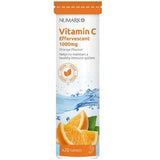
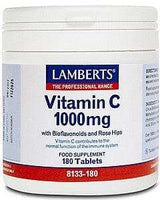
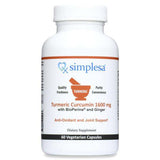








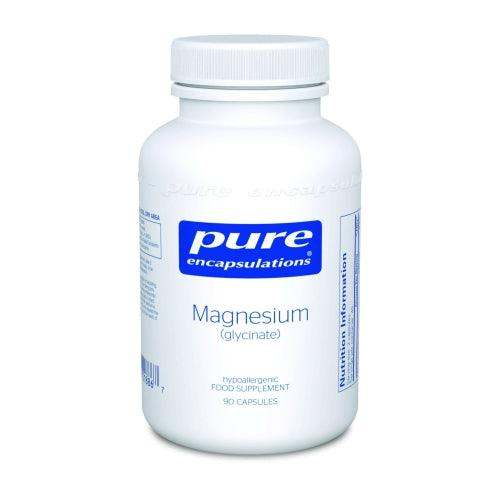




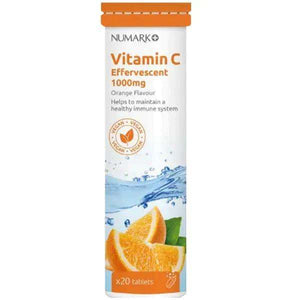
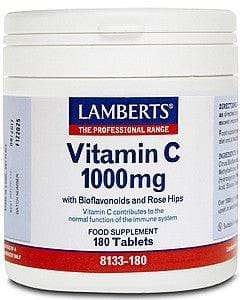
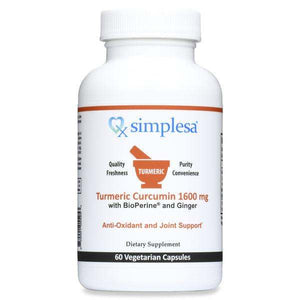












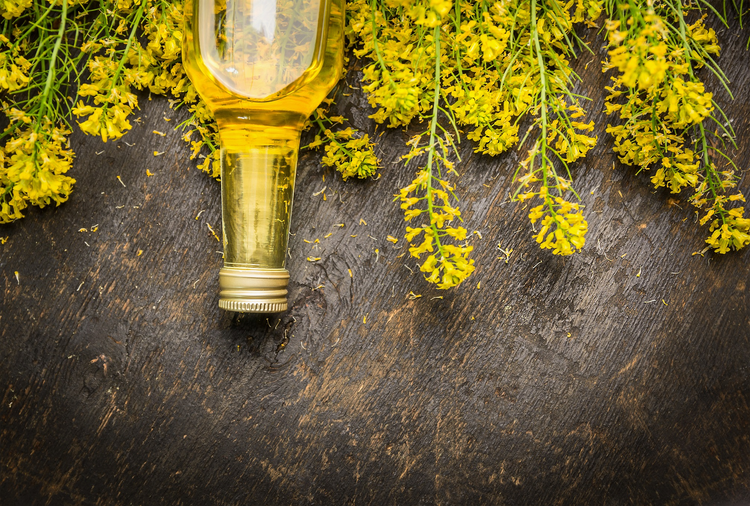



 Rated Excellent by 26,523+ Reviews
Rated Excellent by 26,523+ Reviews